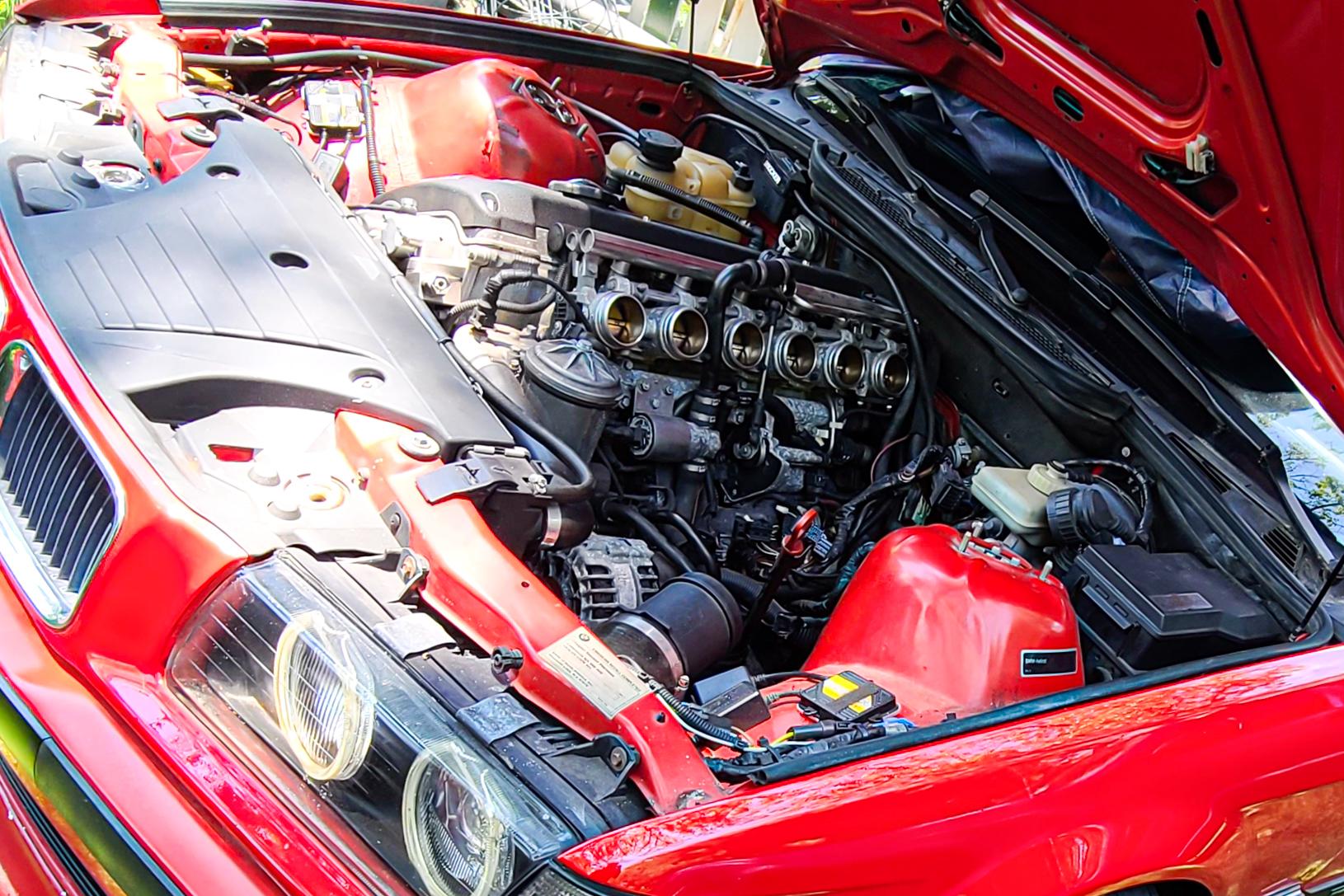Key Features to Search For When Acquiring an Engine for Automotive Applications
When thinking about the acquisition of an engine for automobile applications, numerous essential attributes warrant cautious evaluation to make sure optimum performance and performance. From power and efficiency capabilities to sustain longevity, adherence, and efficiency to exhausts standards, each element plays a critical function in figuring out the engine's viability for particular vehicle demands.
Power and Efficiency
When selecting an automotive engine, customers focus on power and performance to ensure optimum driving experience and performance. A well-performing engine not just provides power efficiently yet additionally operates smoothly throughout various speed arrays and driving problems.
In addition, factors such as engine hybrid, variation, and turbocharging innovations play substantial duties in enhancing both power and performance degrees. Inevitably, selecting an engine that provides a powerful mix of power and efficiency guarantees a gratifying and reliable driving experience.
Fuel Effectiveness
Optimizing gas efficiency is an extremely important consideration for consumers when examining auto engine alternatives. The efficiency of an engine straight affects operating prices and environmental impact. One essential aspect affecting fuel effectiveness is the engine's style and innovation. Modern engines with attributes like direct fuel injection, turbocharging, and variable shutoff timing can considerably enhance fuel effectiveness by enhancing combustion procedures and decreasing energy loss. Additionally, the general weight of the engine and vehicle, as well as the aerodynamics, play critical functions in determining fuel consumption.

Resilience and Integrity
Accomplishing lasting efficiency and reputable operation is essential for consumers reviewing the sturdiness and integrity of vehicle engines. When thinking about an engine for vehicle applications, longevity refers to the engine's capability to hold up against wear, tension, and extreme operating problems over a prolonged duration. Integrity, on the other hand, indicates that the engine can consistently do its desired function without unforeseen break downs or failings.
Consumers need to try to find engines built with premium materials and specific engineering to guarantee long life. Parts such as bearings, crankshafts, and pistons need to be sturdy to deal with the engine's power output without premature wear. Additionally, engines furnished with innovative cooling systems, effective lubrication, and robust purification systems often tend to display higher levels of dependability.
Regular maintenance and adherence to manufacturer suggestions are likewise crucial consider preserving an engine's sturdiness and integrity. By adhering to upkeep schedules, using recommended liquids, and attending to any issues quickly, consumers can make the most of the life expectancy and performance of their vehicle engines. Ultimately, prioritizing longevity and reliability in engine selection can lead to an extra enjoyable possession experience with less unforeseen disruptions.
Emissions Conformity
Making certain conformity with emissions regulations is a crucial facet of reviewing vehicle engines for ecologically conscious customers. With enhancing concerns concerning air high quality and environmental influence, stringent emissions criteria have been put in area internationally to decrease hazardous toxins released into the environment. When purchasing an engine for automotive applications, it is important to consider its discharges conformity to minimize the carbon impact and adhere to lawful requirements.
Modern engines are outfitted with sophisticated exhaust control innovations such as catalytic converters, exhaust gas recirculation (EGR) systems, and selective catalytic decrease (SCR) to lower hazardous exhaust gases like nitrogen oxides (NOx), carbon monoxide gas (CO), and hydrocarbons (HC) These systems play a critical duty in making certain that the engine satisfies the specified emissions requirements and runs within permitted limitations.

Cost-effectiveness
When considering automobile engine purchases, reviewing cost-effectiveness is paramount for customers looking for both efficiency and worth. Cost-effectiveness in engine procurement includes greater useful content than simply the preliminary purchase price. It encompasses the total costs connected to maintenance, fuel intake, and prospective repairs over the engine's lifespan. Opting for an engine that uses a balance in between in advance expenses and lasting financial savings can lead to considerable benefits for the customer.
One trick facet of cost-effectiveness is look at this website fuel efficiency. Engines that are designed to maximize gas economic climate can result in substantial financial savings with time, particularly for individuals that drive often or over cross countries. Furthermore, considering the schedule and cost of spare components and servicing can add to the general cost-effectiveness of an engine. Guaranteeing that upkeep and repair services are sensible and accessible can prevent unforeseen financial problems down the line.

Final Thought
To conclude, when purchasing an engine for auto applications, it is crucial to think about essential attributes such as power and performance, fuel dependability, toughness and performance, exhausts conformity, and cost-effectiveness. These variables are essential in ensuring that the engine meets the requirements of the vehicle and operates effectively in numerous driving problems - bmw 318ti. Making an educated choice based upon these requirements will eventually result in a successful and efficient vehicle engine acquisition
From power and efficiency capacities to fuel sturdiness, effectiveness, and adherence to emissions criteria, each element plays an essential duty in figuring out the engine's suitability for specific vehicle requirements. Engines designed to run on different fuels such as electrical power, hybrid systems, see this website or biofuels can supply enhanced fuel economic situation and lower emissions contrasted to traditional fuel or diesel engines. Consumers need to very carefully consider the gas efficiency ratings and innovations integrated into vehicle engines to make informed investing in decisions that straighten with their priorities for expense savings and sustainability.
When thinking about an engine for automobile applications, toughness refers to the engine's ability to endure wear, stress and anxiety, and extreme operating problems over a prolonged duration.In verdict, when purchasing an engine for automotive applications, it is vital to take into consideration crucial features such as power and efficiency, fuel efficiency, longevity and integrity, exhausts compliance, and cost-effectiveness.